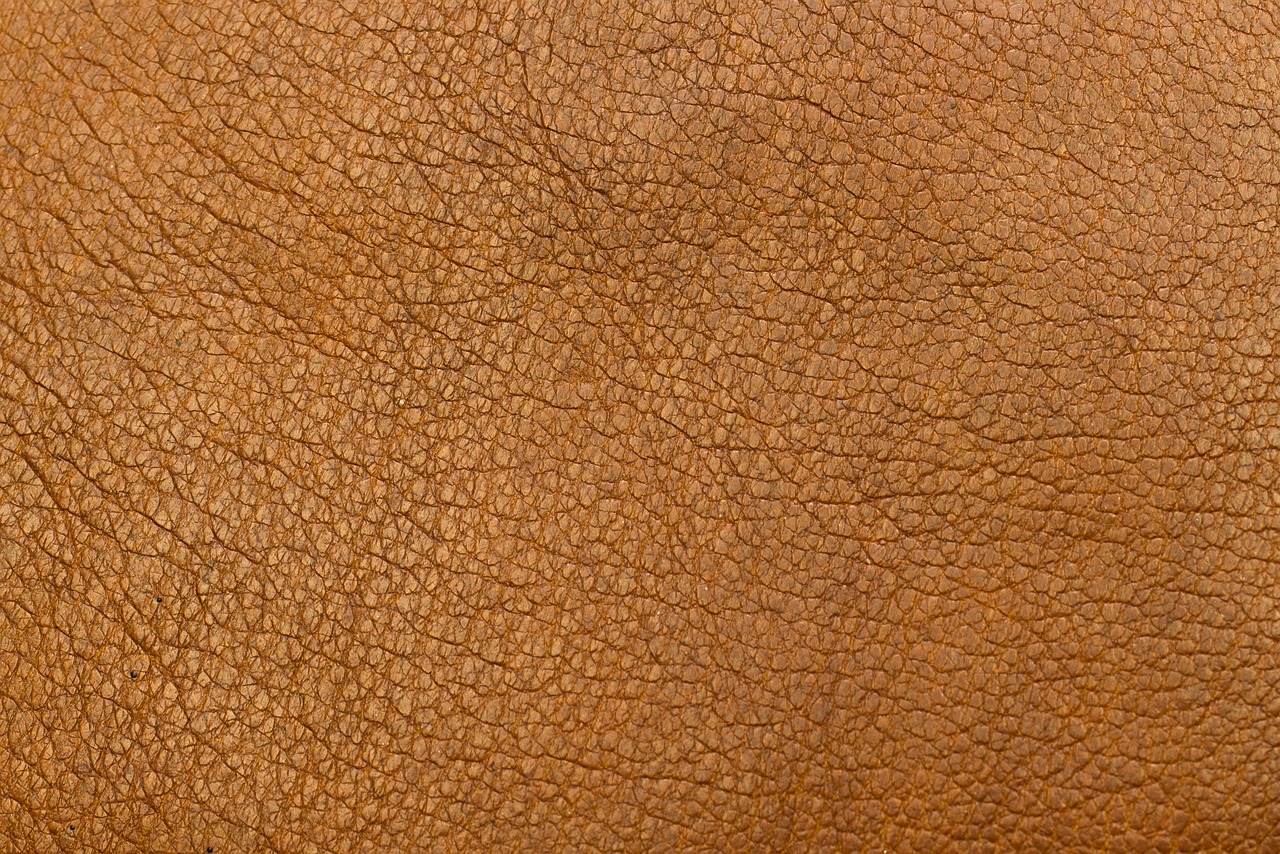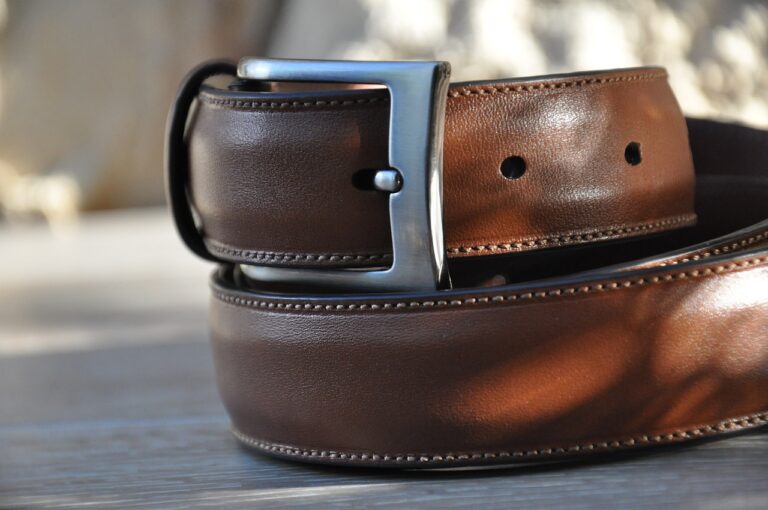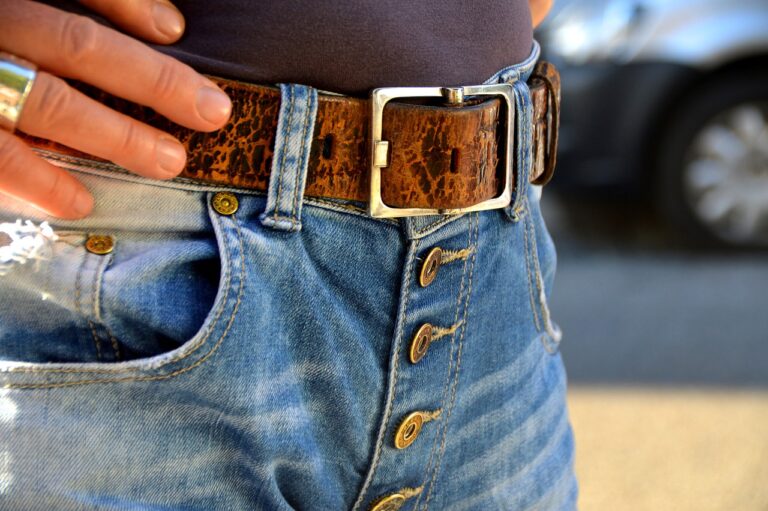Fashion and Adaptive Footwear: Shoes Designed for People with Mobility Challenges
Individuals with mobility challenges often face unique struggles when it comes to finding suitable footwear that meets their specific needs. Adaptive footwear plays a crucial role in providing support, stability, and comfort for those with mobility limitations, allowing them to move around more freely and confidently. These specialized shoes are designed to accommodate various foot conditions and offer features that can aid in better mobility and overall quality of life.
The importance of adaptive footwear cannot be overstated, as it not only enhances the mobility and independence of individuals with specific needs but also reduces the risk of falls and injuries. By providing proper support and cushioning, adaptive footwear can help alleviate discomfort and pain associated with various foot conditions, encouraging individuals to stay active and engaged in their daily activities. The right pair of adaptive shoes can make a significant difference in the lives of those with mobility challenges, allowing them to navigate their environment with greater ease and confidence.
Common Mobility Challenges Faced by Individuals and How Adaptive Footwear Can Help
Individuals with mobility challenges often struggle with issues such as decreased stability, limited range of motion, and difficulty walking or standing for extended periods. These challenges can stem from various conditions such as arthritis, neuropathy, or injuries that affect their ability to move comfortably and independently. Adaptive footwear plays a crucial role in addressing these challenges by providing specialized support, cushioning, and stability to help individuals navigate their daily activities with greater ease and comfort.
Furthermore, adaptive footwear can help individuals with mobility challenges by offering features like adjustable straps, wider widths, and cushioned insoles that cater specifically to their unique needs. These shoes are designed to accommodate orthotic inserts, provide extra arch support, and promote proper alignment to alleviate pain and enhance overall mobility. By wearing adaptive footwear tailored to their specific requirements, individuals can experience improved balance, reduced pressure on sensitive areas, and increased confidence in their ability to move around safely and securely.
– Adjustable straps
– Wider widths
– Cushioned insoles
– Accommodate orthotic inserts
– Provide extra arch support
– Promote proper alignment
Individuals facing mobility challenges can benefit greatly from the features offered by adaptive footwear. These specialized shoes not only provide comfort and support but also help improve overall mobility and quality of life for those with conditions that affect their ability to move freely. By addressing common issues such as stability, range of motion, and pain management, adaptive footwear plays a vital role in helping individuals maintain independence and participate in daily activities with greater ease.
Moreover, the availability of adaptive footwear in various styles and designs ensures that individuals with mobility challenges can find options that suit their preferences while still meeting their specific needs. Whether someone requires extra cushioning for sensitive feet or adjustable closures for swelling, adaptive footwear offers a wide range of solutions to address different concerns and enhance comfort throughout the day. With the right pair of shoes, individuals can feel more confident and empowered to navigate their surroundings without limitations or discomfort.
Key Features to Look for When Choosing Adaptive Footwear
When choosing adaptive footwear for individuals with mobility challenges, it is essential to consider specific key features to ensure comfort, support, and functionality. One crucial feature to look for is adjustable straps or closures that allow for a customized fit to accommodate different foot shapes and sizes. This feature is particularly beneficial for individuals with swelling or foot deformities, as it provides the flexibility needed for a comfortable and secure fit.
Furthermore, a non-slip sole is another important feature to prioritize when selecting adaptive footwear. A sturdy, non-slip sole helps to enhance stability and reduce the risk of slips and falls, especially for individuals with balance issues or difficulties walking. Additionally, a supportive and cushioned insole can provide added comfort and alleviate pressure on the feet, making it easier for individuals to move around with confidence and ease.
What are some key features to look for when choosing adaptive footwear?
Some key features to look for when choosing adaptive footwear include adjustable closures for a customized fit, cushioned insoles for comfort and support, non-slip soles for stability, and a wide toe box for ample room.
How important is it to consider the material of adaptive footwear?
It is important to consider the material of adaptive footwear as it can impact durability, breathability, and overall comfort. Look for materials that are both supportive and flexible to accommodate various foot conditions.
Can adaptive footwear help with specific foot conditions such as bunions or plantar fasciitis?
Yes, adaptive footwear with features such as extra cushioning, arch support, and roomy toe boxes can help alleviate discomfort associated with foot conditions like bunions or plantar fasciitis. It is important to choose adaptive footwear that is specifically designed to address your unique needs.
Are there different styles of adaptive footwear available for individuals with mobility challenges?
Yes, there are a variety of styles of adaptive footwear available for individuals with mobility challenges, including sneakers, sandals, and dress shoes. It is important to choose a style that meets your specific needs and preferences while providing the necessary support and comfort.







